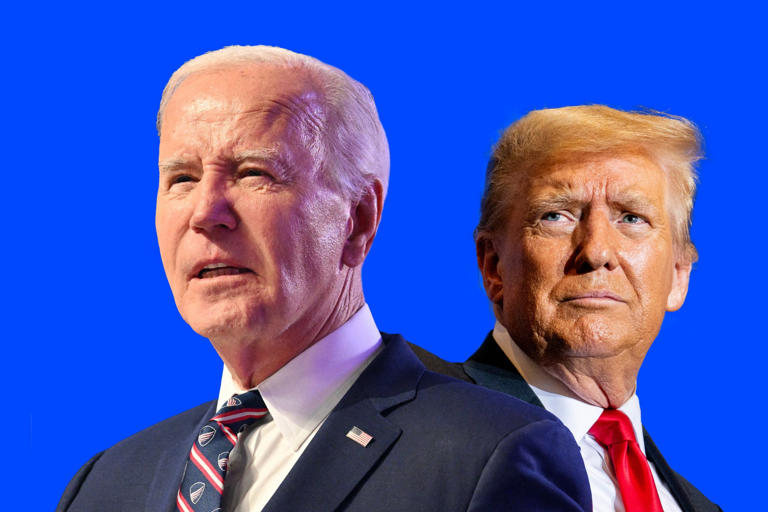Determining the appropriate age for a leader to step down, whether in politics or business, is indeed a multifaceted and challenging issue. The question becomes especially pertinent when considering leaders like President Joe Biden, who at 81, has faced scrutiny for his performance, and former President Donald Trump, who, at 78, has also shown signs of confusion at times. These examples bring to light the broader conversation about age and leadership competence.
In the corporate world, this issue is equally significant. With the average U.S. life expectancy rising from 68 in 1950 to 76 today, and the average retirement age increasing from 57 in 1991 to 61, many older workers, including leaders, are staying in their roles longer. This trend is further supported by the decline of traditional pensions and the development of life-extension treatments in Silicon Valley, allowing Boomers and Gen X workers to remain in the workforce longer than previous generations.
High-profile examples from the business world include Carl Icahn, who, in his eighties, continues to run Icahn Enterprises, and Michael Bloomberg, who remains active at Bloomberg LP. Other notable leaders include Stephen Schwarzman of Blackstone, Larry Ellison of Oracle, and Disney’s Bob Iger, all in their seventies. Warren Buffett, who has vowed to work until he can no longer, and his partner Charlie Munger, who remained active until his death at 99, further illustrate the potential for prolonged leadership.
The question of when an aging leader should step down is complex because aging affects individuals differently. For some, each year brings significant declines in cognitive and physical abilities, while for others, the changes are minimal. Research and expert opinions often argue against setting a fixed maximum age for leadership roles, emphasizing that age alone is not a reliable indicator of job performance.
Older leaders often possess valuable qualities such as warmth, empathy, emotional stability, and a wealth of experience. These attributes can make them effective leaders, especially in transformational roles where imparting values and planning for future generations are crucial. The wisdom that comes with age, built from years of experience and learning, is a significant asset in leadership, providing a deep reservoir of knowledge to draw upon in challenging situations.
Additionally, having a growth mindset—an eagerness to learn and adapt—is crucial for effective leadership, regardless of age. Older leaders are not inherently less capable of adapting or learning than their younger counterparts. In fact, many maintain high levels of energy, passion, and motivation well into their later years.
Technological advancements and support systems can also play a vital role in supporting older leaders. Tools such as hearing aids, online meeting platforms, and AI can help mitigate some of the physical and cognitive declines that accompany aging. These technologies enable leaders to remain effective and engaged in their roles.
However, there is a delicate balance to strike. While technology can support aging leaders, it can also obscure signs of decline, potentially enabling those who are unwilling or afraid to step down. Leadership transitions, especially for founders deeply connected to their companies, can be challenging. Inspiring a conversation about succession and planning for a “beautiful exit” can help ensure a graceful transition that preserves the leader’s legacy.
In politics, the stakes are higher, and the implications of aging leaders are more pronounced. While many Americans support President Biden’s policies, some believe it may be time for him to step aside, much like Mitt Romney did, allowing for a new leader to take the helm. The concept of a “beautiful exit,” as described by Dutch management scholar Manfred Kets de Vries, emphasizes the importance of leaving a lasting, positive impression.
Ultimately, there is no one-size-fits-all answer to when a leader should step down. It depends on individual circumstances, including health, energy, motivation, and the ability to continue making valuable contributions. The focus should be on assessing these factors rather than making decisions based solely on age. By fostering a culture that values the contributions of older leaders while supporting transitions with training and coaching, we can ensure that leadership remains effective and dynamic across all ages.
